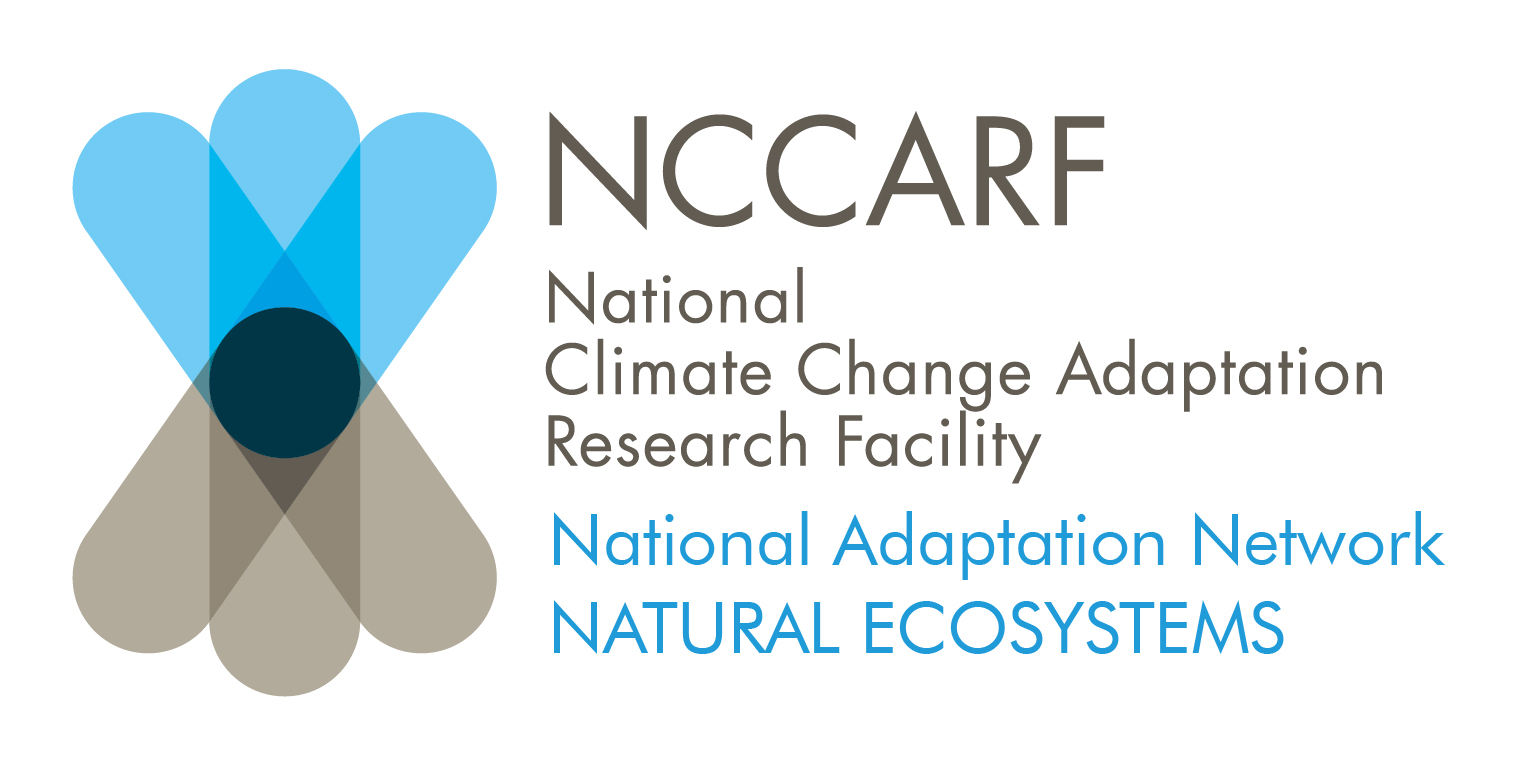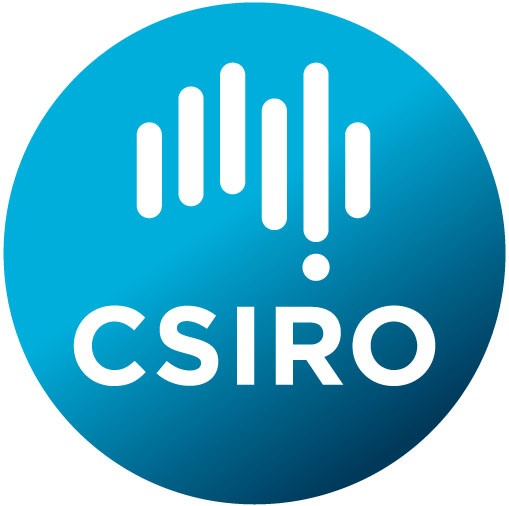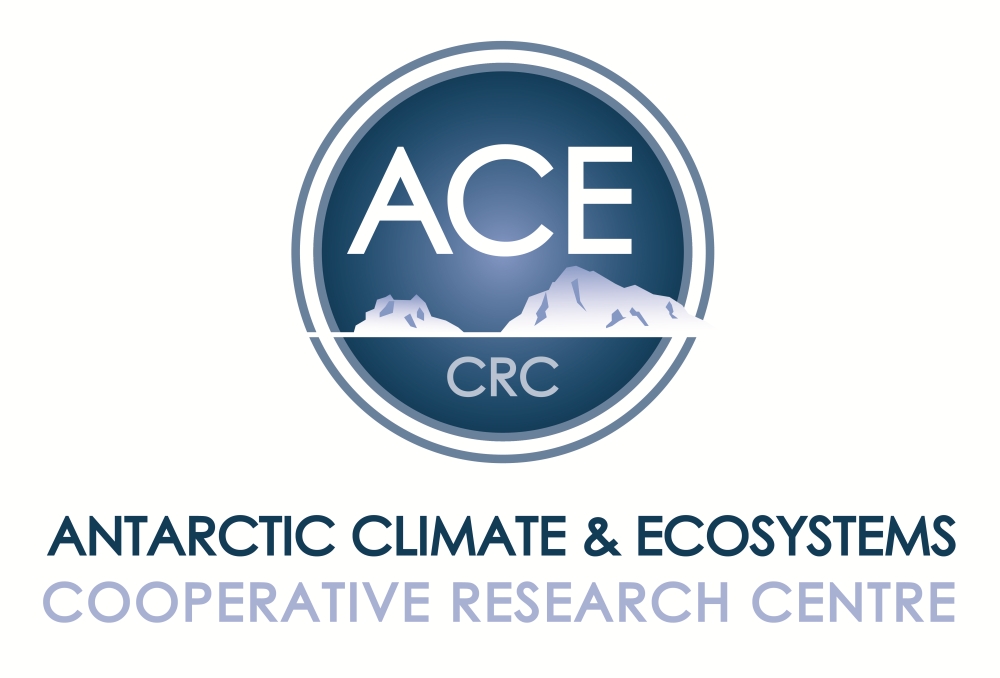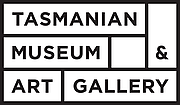
Video Competition
A video competition was held to encourage and reward scientists for showcasing their research with the public and colleagues outside their own field.
Two prizes were awarded: a ‘People’s Choice Award’ voted by the public (with a prize of $1000) and a ‘Conference Award’ selected by the conference attendees.
Species on the Move International Conference
This successful inaugural conference was held at the Hotel Grand Chancellor in Hobart, Tasmania, Australia from
9 to 12 February 2016.
The global redistribution of our planets’ species is widely recognised as a fingerprint of climate change, however, the mechanisms that underpin such range shifts are poorly understood. Additionally, the pervasiveness of range shifts, from poles to the equator, and depths of oceans to tops of mountains, provides us with unique opportunity to advance our theory of biogeography, evolutionary ecology and macroecology.
Our move into the ‘anthropocene’ allows unprecedented opportunity to understand the mechanisms that drive species distributions across ecosystems and address the fundamental tenet of ecology: what lives where and why? However, such dramatic changes also pose significant challenges for sustainable management of our natural resources.
The conference targeted scientists and natural resource managers working in the disciplines of global change, biogeography and evolution, and relevant in contexts of natural resource management, biodiversity management and conservation, and theoretical ecology.
Species responses to climate change is a rapidly evolving research field, however, much of our progress is being made in independent research areas: e.g. understanding the process vs responding to the implications, terrestrial vs marine ecosystems, global meta-analyses vs in depth species-specific approaches. This interdisciplinary conference would develop connections between these parallel streams, and across temporal and spatial scales.
If you would like more information about the outcomes of Species on the Move 2016 or plans for the next Species on the Move Conference (likely to be in 2019 at Kruger National Park in South Africa) please contact Gretta.Pecl@utas.edu.au.
Associate Professor Gretta Pecl & Professor Stephen Williams
Conference Co-Convenors
Report
The conference report provides an overview of the conference and media associated with the conference.
2016 Conference Sponsors
We acknowledge the generous support of the following conference sponsors.

Species on the Move was hosted by the Institute for Marine and Antarctic Studies and the School of Biological Sciences (Zoology and Plant Sciences) at the University of Tasmania, with support also provided by the School of Land and Food and the Faculty of Law.
www.imas.utas.edu.au
www.utas.edu.au/land-food
www.utas.edu.au/law
www.utas.edu.au/zoology
www.utas.edu.au/plant-science

Nation Climate Change Adaption Research Facility
www.climatechangeresearch.network/nccarf

The Land and Water and Oceans and Atmosphere Flagships proudly support the Species on the Move conference

Greening Australia is undertaking strategic revegetation projects to offset the carbon emissions from this event.

The ARC Centre of Excellence for Environmental Decisions (CEED) is proud to sponsor the “Decision-making for assisted colonisation as a climate change adaptation strategy” session of Species on the Move.

The Ian Potter Foundation is one of Australia’s major philanthropic foundations. The Foundation makes grants nationally to support charitable organisations working to benefit the community across a wide range of sectors including the Arts, environment, science, medical research, education and community wellbeing. The Ian Potter Foundation aims to support and promote a healthy, vibrant and fair community for the benefit of all Australians.



